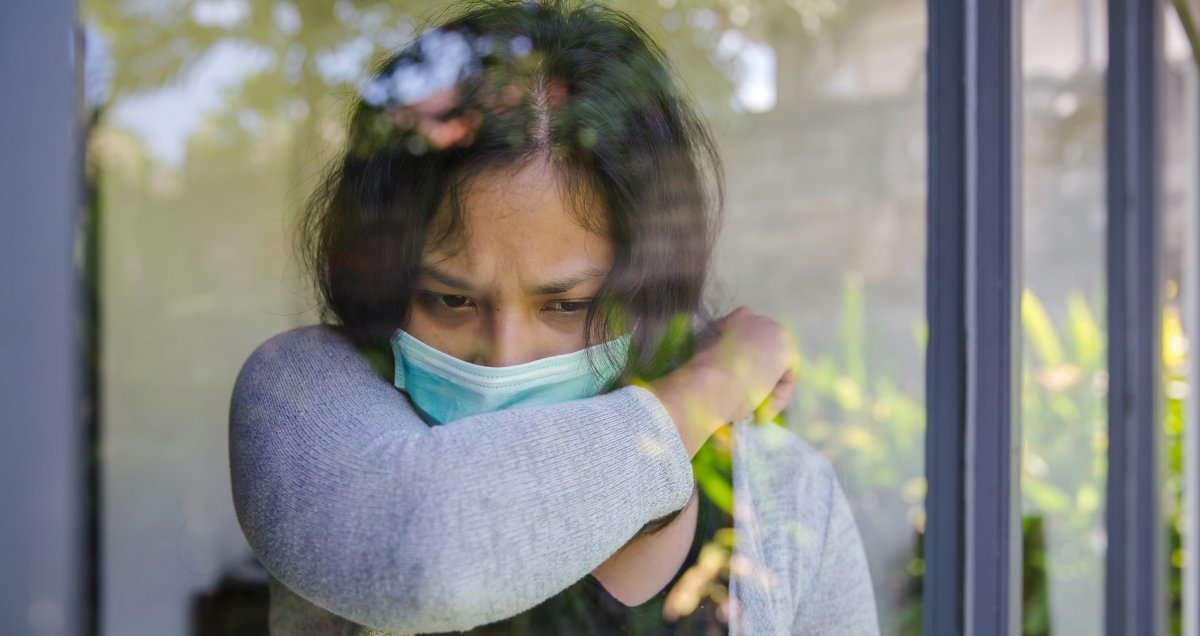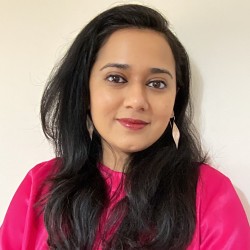Patients with Long COVID forced to become their own doctors
An inability to get the support they need from medical professionals is forcing Long COVID sufferers to navigate and self-manage their illness using digital self-tracking tools and online support groups, according to a new study from the University of Surrey.

Despite the increasing recognition of Long COVID as a condition, many patients still face dismissal by medical professionals, misattribution of their symptoms to psychological causes, or simply being left to fend for themselves. The study describes the response many encounter from professionals as ‘medical gaslighting’, disbelief and dismissiveness.
The study, published in Sociology and conducted in collaboration with Professor Deborah Lupton from the University of New South Wales, Sydney, Australia, found that people with Long COVID are turning to wearable devices and online patient communities to make sense of their symptoms, identify patterns and triggers, and develop their own care plans.
The research found that the study participants, most of whom are highly educated and professionally employed (although more than half were unable to work at the time of the interview because of their illness), are using data from smartwatches and symptom-tracking apps to evidence their symptoms to their medical practitioners and advocate for diagnostic tests. In some cases, participants felt it was only because of their self-tracking data that they had been able to get referrals to tests or specialists and subsequently obtain formal diagnoses and access treatment.
The study found that online patient groups are not only sharing advice on which metrics to monitor and how to interpret data, but are also contributing to the uptake of self-tracking technologies by people with limited to no previous experience or interest in tracking. The study also found that having wearable data gave patients greater confidence to advocate for themselves in medical contexts. Yet many still felt their data was disregarded or even resented. The study identifies this digital evidence as a tool for reducing the power imbalance between patients and doctors – but only where clinicians are willing to listen.
[ENDS]
Note to editors
Dr Sazana Jayadeva is available for interview, please contact mediarelations@surrey.ac.uk to arrange.
This study has been published in the journal of Sociology.
Related sustainable development goals

Media Contacts
External Communications and PR team
Phone: +44 (0)1483 684380 / 688914 / 684378
Email: mediarelations@surrey.ac.uk
Out of hours: +44 (0)7773 479911
